Self-Care | Week 2 | Pastor Ben Pierce
In today’s fast-paced world, self-care has become a buzzword, often leading us to focus inward while neglecting our spiritual needs. This blog explores the balance between caring for ourselves and supporting others, emphasizing the importance of entering God’s presence to exit anxiety and find true peace.
Introduction and Context
In the contemporary landscape, the conversation around self-care has evolved into a multifaceted dialogue. It is essential to understand the broader context in which self-care exists, especially as we navigate the complexities of our spiritual lives. Self-care often emphasizes personal well-being, but its roots extend deeper into our spiritual identity and community responsibilities.
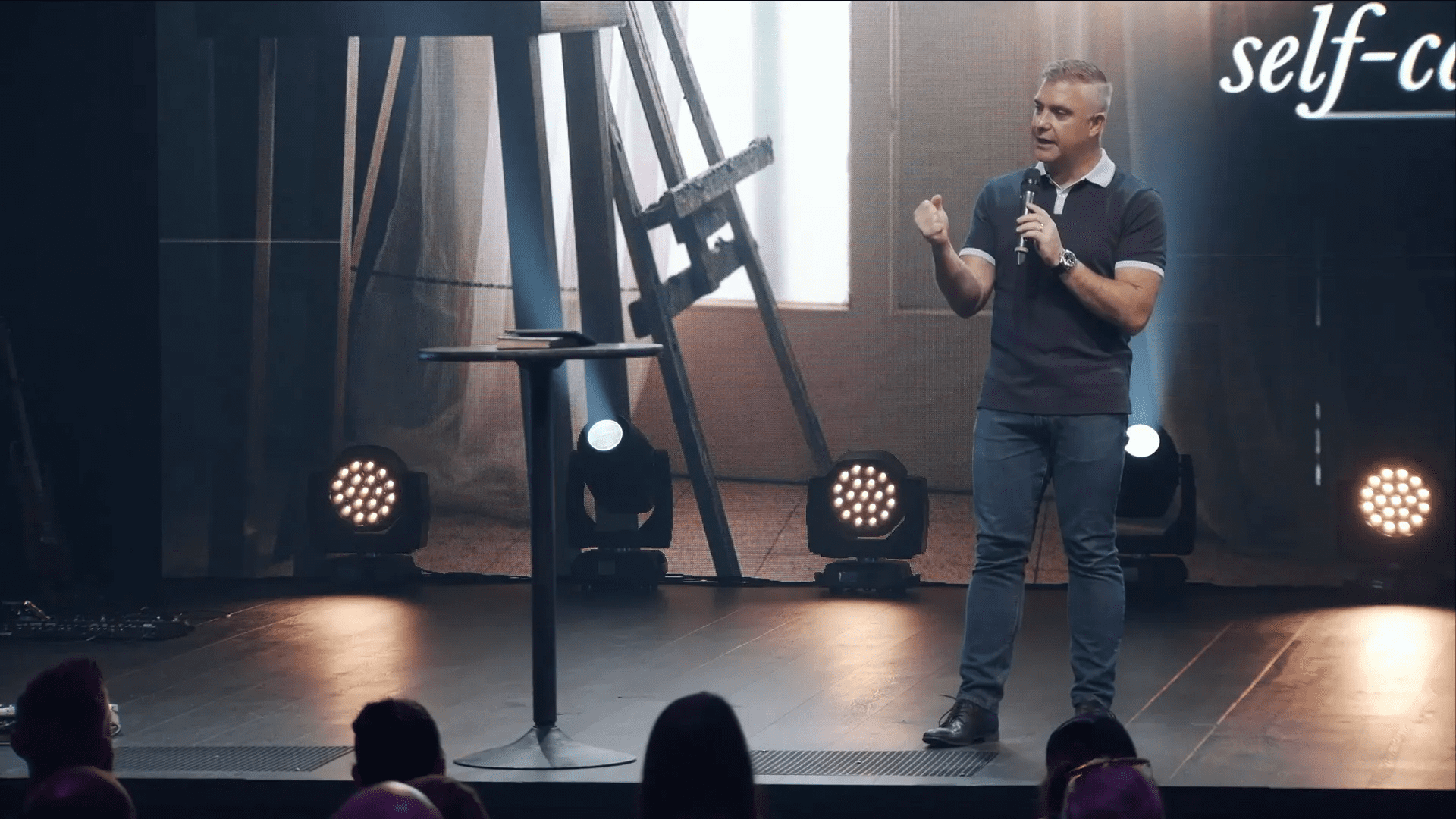
A Call for Unity and Support
As we seek to care for ourselves, we must not forget our call to support others. The recent events involving pastors facing persecution remind us that our faith community is interconnected. We should stand together, offering prayer and support to those who are suffering. This is not simply an act of compassion; it is a reflection of our spiritual identity. When one member of the body suffers, we all suffer.
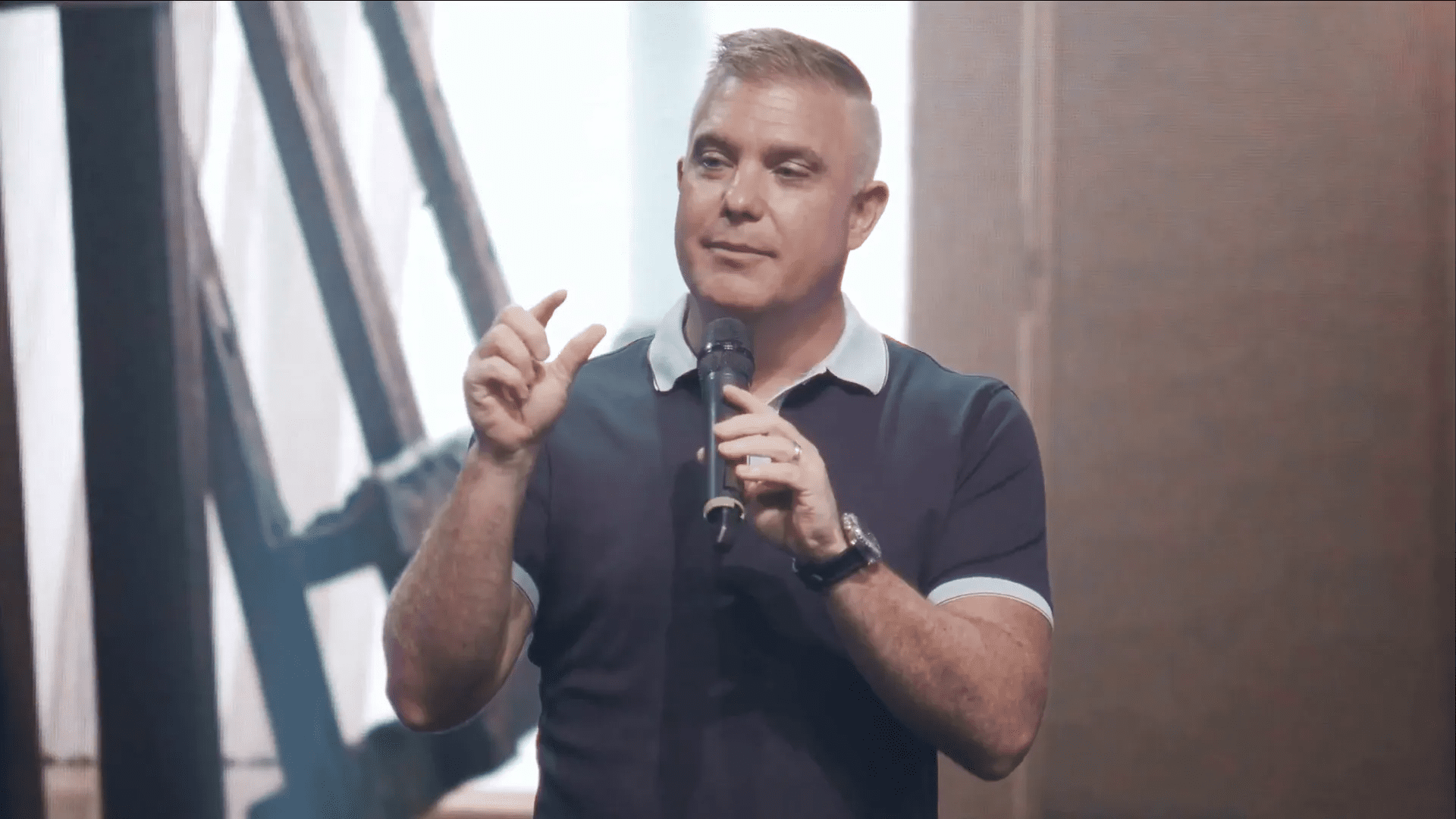
The Trend of Self-Care
Self-care has become synonymous with indulgence and personal time, but it is crucial to approach this trend with discernment. While it is important to take time for ourselves, we must also recognize the potential pitfalls of excessive self-focus. This inward turn can lead to neglecting the needs of those around us, pushing us away from our divine purpose.
In recent years, self-care has morphed into a billion-dollar industry, promoting products and practices that promise wellness. However, the essence of true self-care lies not in material possessions but in spiritual nourishment and community engagement.
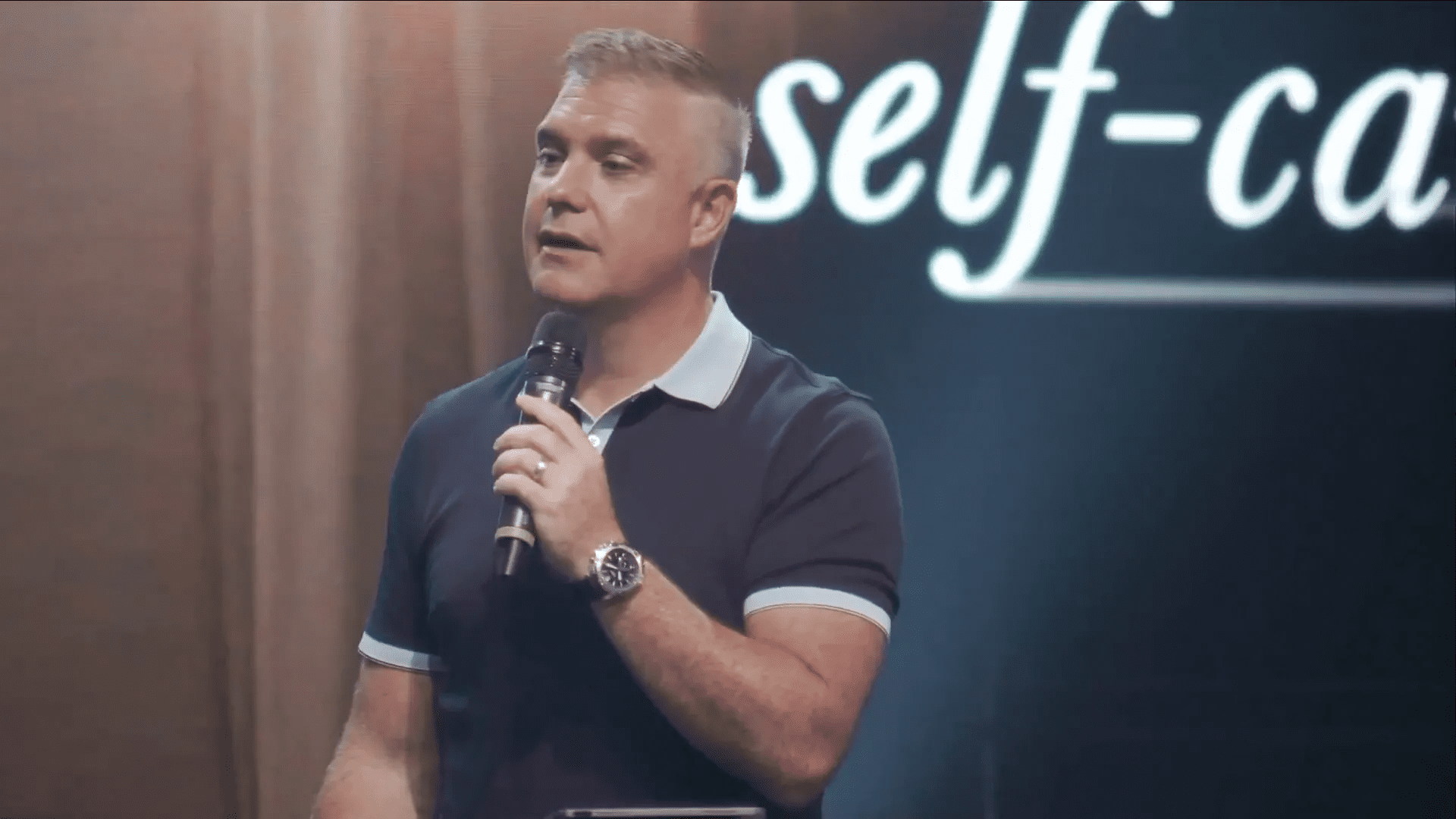
The Importance of Balance in Self-Care
Finding balance in self-care means engaging in practices that nurture our spirit while also addressing our physical and emotional needs. It’s not about choosing one over the other; rather, it’s about integrating all aspects of our being. We are called to love ourselves, but this self-love should not eclipse the love we extend to others.
- Prioritize spiritual practices such as prayer and meditation.
- Engage in community service to foster connections.
- Maintain physical health through exercise and nutrition.

Understanding Our Spiritual Identity
At our core, we are spiritual beings. Understanding this fundamental truth is vital for our overall well-being. Our spirit is eternal, and it is essential to nurture it through practices that align with our faith. This awareness shifts our focus from superficial self-care to a more profound understanding of our identity in Christ.

Sabbath: God’s Prescription for Rest
The concept of the Sabbath is a divine prescription for rest and rejuvenation. It is a time set apart for spiritual reflection, allowing us to reconnect with God. Observing the Sabbath is not merely about taking a break from work; it is an opportunity to recalibrate our spirits and align our lives with God’s purpose.
In a world that prizes productivity, the Sabbath serves as a reminder that our worth is not tied to our output but rather to our relationship with God. Embracing this principle can lead to deeper spiritual fulfillment and a more balanced life.

The Challenge of Esteeming Others
One of the most profound teachings of Christ is to love our neighbor as ourselves. This principle challenges us to shift our focus from self to others. Esteeming others higher than ourselves may feel counterintuitive, yet it is a cornerstone of a healthy spiritual life. When we serve others, we reflect God’s love and grace.
This act of humility not only nourishes our spirit but also strengthens our community. It creates a ripple effect, encouraging others to engage in acts of kindness and support.

The Role of Spiritual Exercise
Just as physical exercise is crucial for bodily health, spiritual exercise is essential for our spiritual well-being. Engaging in practices such as prayer, worship, and studying scripture fortifies our spirit. These activities create a robust foundation that enhances all other aspects of our lives.
Spiritual exercise is not a one-time event but a continual process. Regular engagement in these practices helps us navigate life’s challenges with grace and resilience. It is through spiritual discipline that we find true peace and joy.
In summary, self-care should not be a solitary journey. It is intertwined with our spiritual identity and our call to love and support one another. As we navigate this complex landscape, let us strive for balance, understanding, and a deeper connection to our Creator and each other.
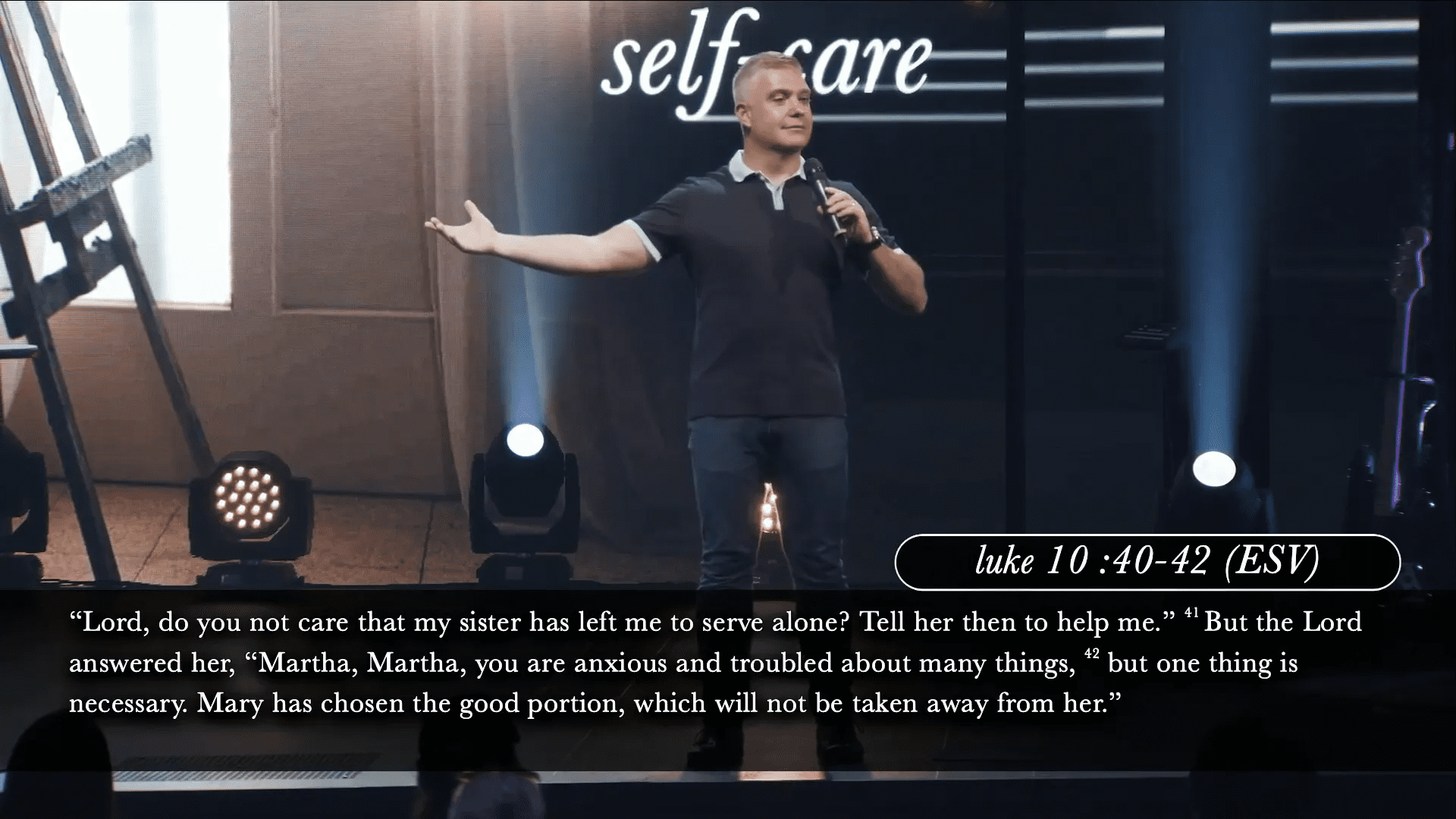
Addressing Anxiety in Our Lives
Anxiety is a pervasive issue that affects many of us, often surfacing in stressful situations or during periods of uncertainty. Recognizing the signs of anxiety is the first step toward addressing it. Symptoms can manifest as physical tension, racing thoughts, or emotional distress. The key to managing anxiety lies in understanding its roots and finding effective strategies to cope.
Engaging with God’s presence offers a profound way to address anxiety. When we turn to Him, we can find solace and reassurance, allowing us to navigate our worries with a renewed perspective. It is essential to remember that we are not alone in our struggles; God is always there, ready to guide and support us.
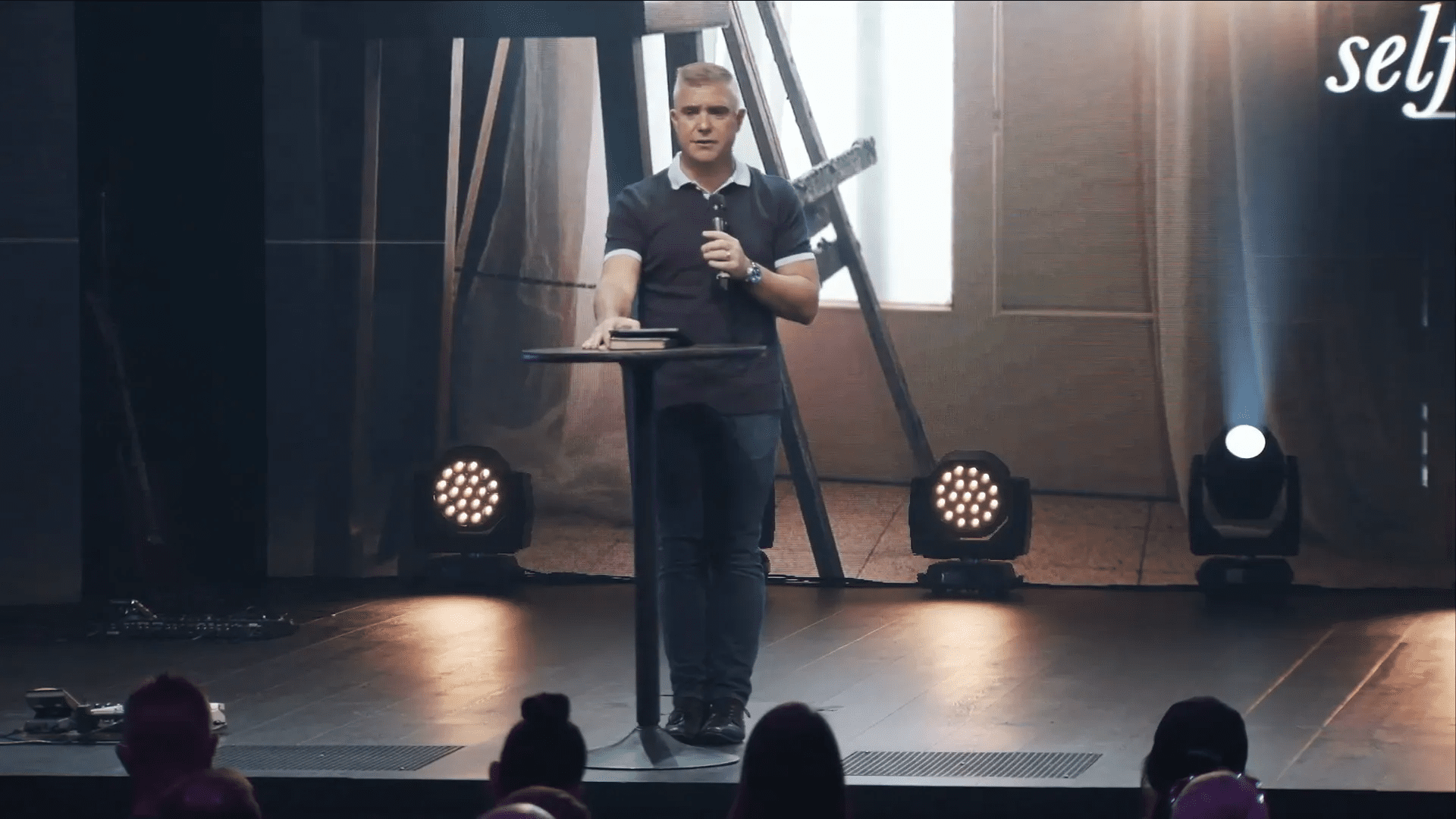
The Story of Martha and Mary
The story of Martha and Mary, found in Luke 10:38-42, illustrates the tension between busyness and spiritual attentiveness. Martha, overwhelmed with the demands of hospitality, becomes frustrated with her sister Mary, who chooses to sit at Jesus’ feet and listen to His teachings. This narrative highlights a common struggle: the pressure to be productive versus the necessity of spiritual nourishment.
Jesus gently reminds Martha that only one thing is necessary, emphasizing the importance of prioritizing our spiritual well-being over the distractions of daily life. This lesson resonates in our contemporary context, where the hustle and bustle can easily overshadow our connection with God.

Entering God’s Presence to Exit Anxiety
To exit anxiety, we must first enter God’s presence. This intentional act of seeking Him can transform our outlook on life. When we immerse ourselves in worship, prayer, and scripture, we create a space for God to intervene in our struggles. It is in His presence that we find peace, clarity, and strength.
Making time for God amidst our busy schedules can be challenging, but it is crucial for our mental and emotional health. Even a few moments of quiet reflection can significantly impact our ability to cope with stress and anxiety. As we invite God into our lives, we invite His peace to reign in our hearts.

Joy and Clarity in God’s Presence
Being in God’s presence brings joy and clarity. Psalm 16:11 reminds us that in His presence, there is fullness of joy. This joy is not dependent on external circumstances but is rooted in our relationship with God. It is a deep-seated contentment that transcends our challenges and fears.
Moreover, clarity often emerges when we spend time with God. In moments of confusion or indecision, seeking His guidance can illuminate our path. The noise of the world may cloud our judgment, but in the stillness of His presence, we can hear His voice directing us toward the right choices.
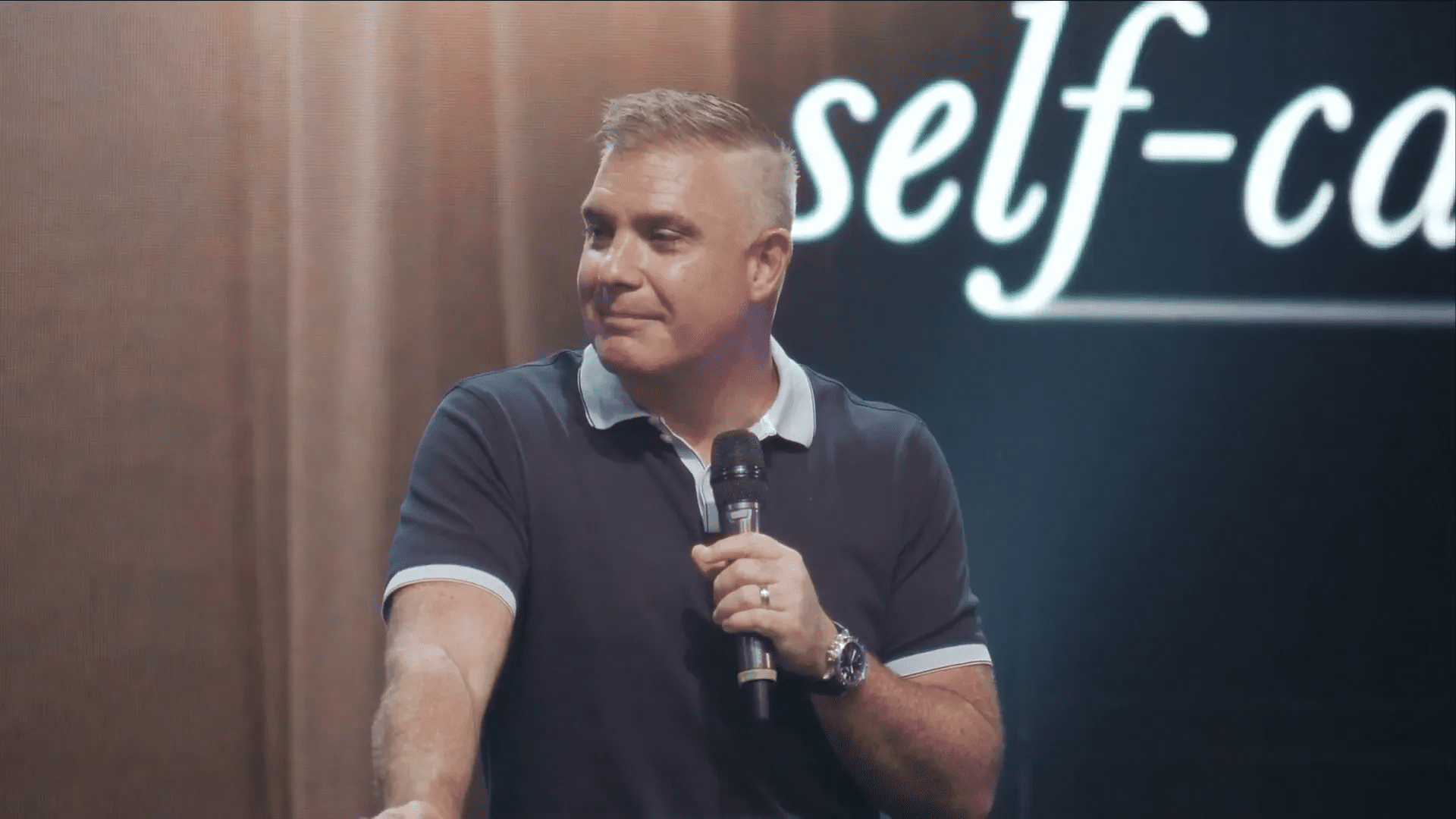
Refreshing Moments in His Presence
Acts 3:19 speaks of times of refreshing that come from the Lord’s presence. These refreshing moments are vital for our spiritual and emotional rejuvenation. Just as our bodies need rest and nourishment, our spirits require moments of revival.
Engaging in worship, prayer, or simply sitting in silence can create opportunities for refreshment. These moments allow us to recover from the weariness of life and regain our breath. They remind us that we are not defined by our struggles but by the love and grace of God.
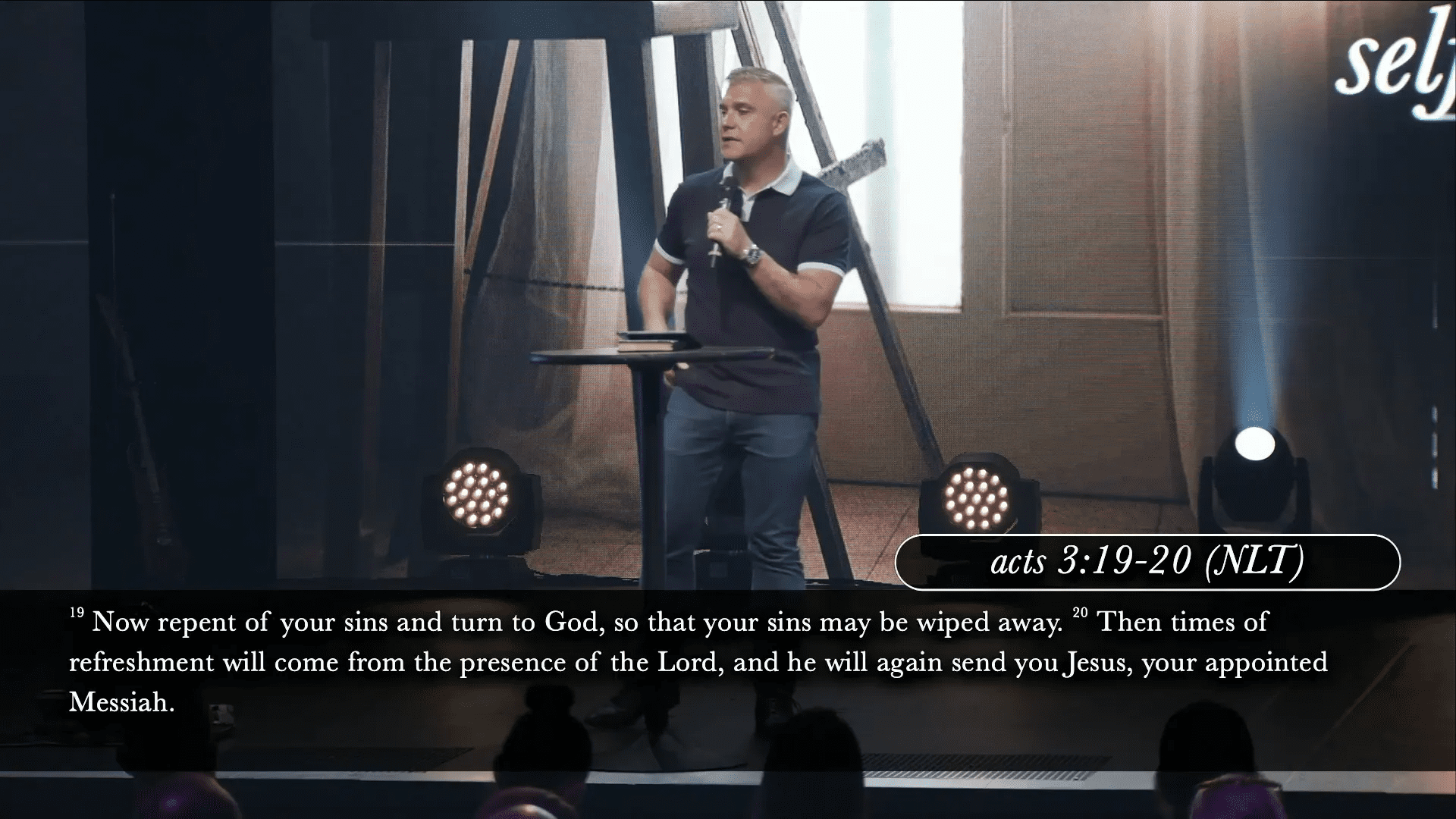
Protection Found in God’s Presence
Psalm 91 assures us that those who dwell in the secret place of the Most High shall find refuge. This promise of protection is a comforting reminder that we do not have to navigate life’s challenges alone. God’s presence acts as a shield, guarding us from harm and anxiety.
When we feel overwhelmed, it is tempting to withdraw from our surroundings. However, instead of distancing ourselves, we should invite God into our situations. His presence can transform our environments, allowing us to maintain peace even in turmoil.

Conclusion: Choosing to Sit at His Feet
Ultimately, the choice to sit at Jesus’ feet, like Mary, is a powerful decision we can make in our lives. It requires us to prioritize spiritual nourishment over worldly distractions. By doing so, we align ourselves with God’s peace, joy, and clarity.
As we navigate the complexities of life, let us remember the importance of entering God’s presence. It is here that we can exit anxiety, find refreshment, and experience the protection that only He can provide. Make the conscious choice to draw near to Him, and watch how your life transforms in His loving embrace.
